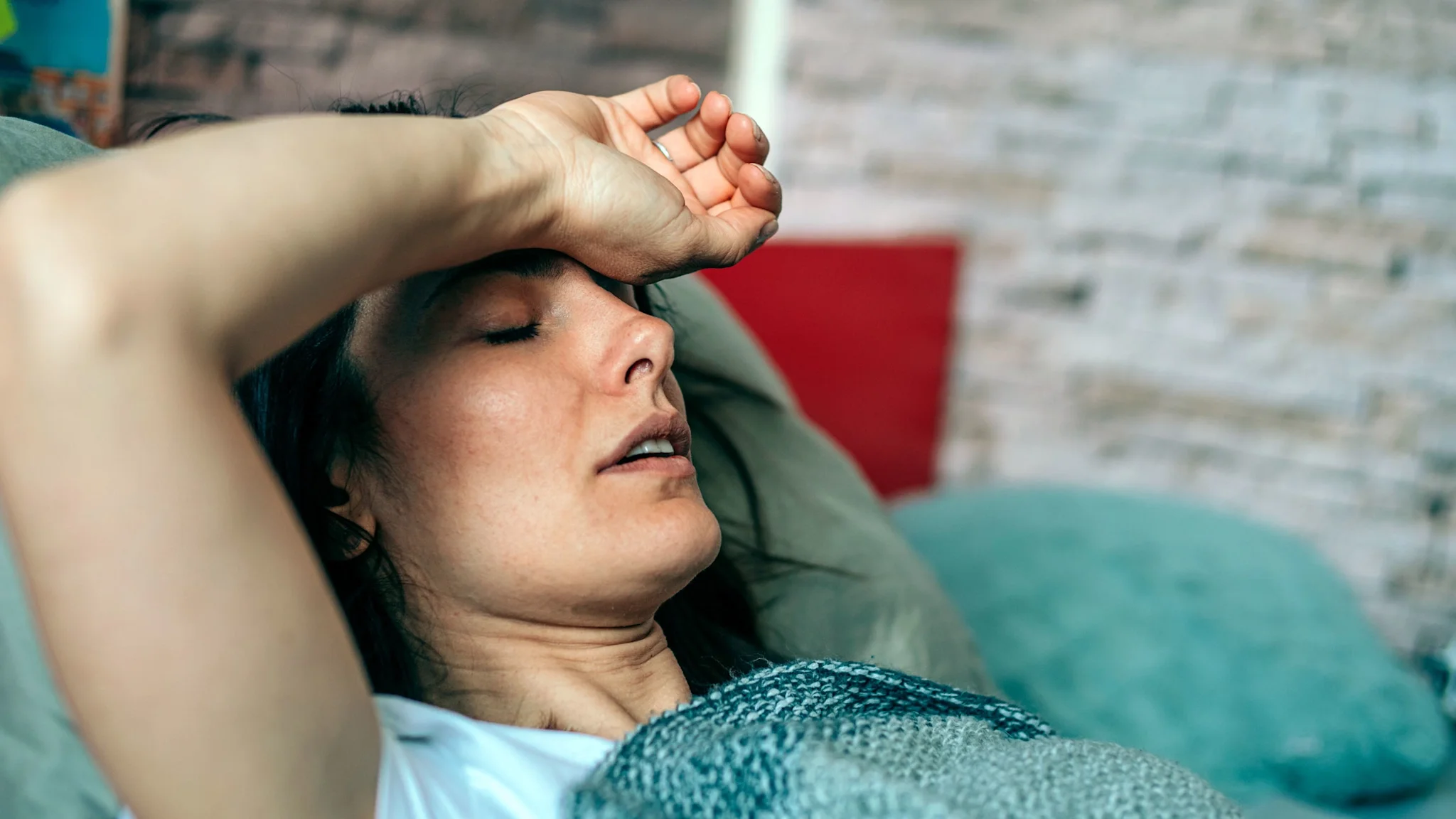10 Common Causes of Night Sweats You Should Know

1. Night sweats can be a symptom of anxiety or stress because of the way these states affect your body’s temperature, heart rate, and metabolism.....CONTINUE READING THE FULL STORY HERE
2. Idiopathic hyperhidrosis is characterized by excessive sweating that does not seem to have any underlying medical reason.
3. Medication — Medications including acetaminophen, aspirin, antidepressants, and psychiatric meds can all cause night sweats.
4. Night sweats are extremely prevalent in people who suffer from obstructive sleep apnea.
5.Night sweats may be a symptom of an underlying health condition, such as an infection.
6. Night sweats are a typical sign of lymphoma, the most prevalent disease linked to night sweats.
7. Sweating can be a sign of hypoglycemia, a condition in which blood glucose levels drop dangerously low.
8. Carcinoid syndrome, hyperthyroidism, and pheochromocytoma are all hormonal illnesses that may cause flushing or sweating.
9. Disorders of the Nervous System – While not as prevalent, disorders of the nervous system, such as autonomic dysreflexia, autonomic neuropathy, posttraumatic syringomyelia, and stroke, can increase perspiration and lead to night sweats.
10. Night perspiring may be a symptom of gastroesophageal reflux disease (GERD), a disorder in which stomach acid flows backward into the esophagus.
